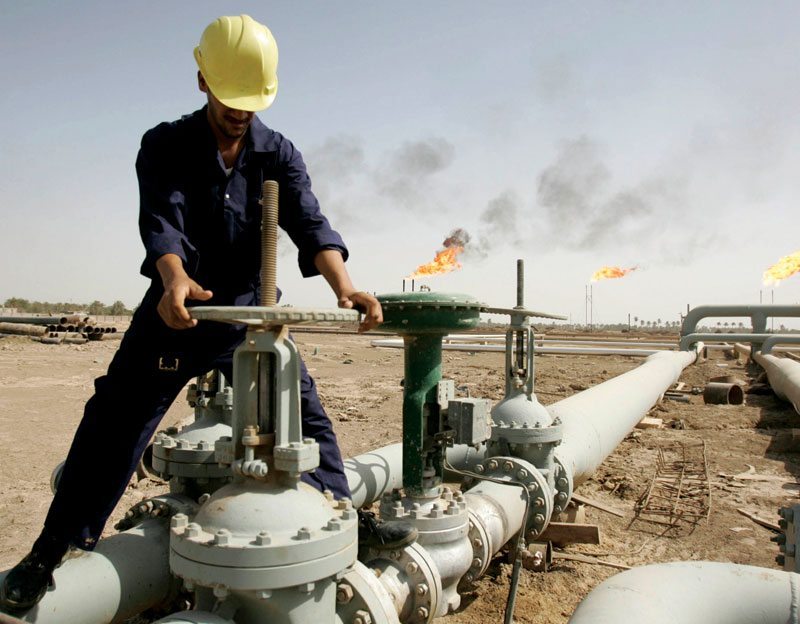

The semi-autonomous Kurdistan Regional Government has offered to export crude oil from Iraq’s federally controlled northern areas, after completing work to upgrade its independent crude oil export pipeline.
The upgrade covered the installation of a new pumping station at Shaikan, boosting the pipeline’s total capacity to 1 million barrels a day (b/d), by 10 per cent from 900,000 b/d, the KRG said in a statement on 4 November.
“This extra capacity will accommodate future production growth from KRG producing fields, and can also be used by the federal government to export the currently stranded oil in Kirkuk and surrounding areas,” the KRG said.
Federal use of the pipeline would require a new political deal between Baghdad and Erbil.
The KRG built its own export pipeline infrastructure in 2013, in order to be less reliant on the federal government. Its exports stand at more than 400,000 b/d, much lower than the pipeline’s capacity. Crude oil is pumped from the KRG’s fields, such as the 80,000 b/d Tawke field operated by Norway’s DNO, to the Fishkhabour metering station on Iraq’s border with Turkey. From there it is piped to the Turkish Mediterranean port of Ceyhan to be loaded onto tankers.
Iraq officially produced more than 4.46 million b/d in September, according to the latest data available from the Oil Ministry. However, the ministry no longer provides a breakdown of where the oil is produced.
The vast majority comes from the southern oil fields, and state-owned North Oil Company (NOC) currently produces more than 200,000 b/d, according to sources in Iraq. NOC could produce significantly more from Bai Hassan and Avana, two reservoirs that form part of the Kirkuk field, with a combined capacity of nearly 300,000 b/d.
However, the fields are currently offline, due to a political dispute between the Oil Ministry and the KRG over transporting the crude for export, leaving the potential output stranded with no route out. The Oil Ministry’s own federal Iraq-Turkey Pipeline (ITP) is now inoperable after being destroyed by Islamic State militants.
With so much spare capacity in the Kurdish pipeline, an export deal between the federal and regional government could easily see Iraq’s exports through Turkey more than double, boosting its total revenues.
Iraq earned more than $8bn from oil exports in October, for the first time since mid-2014, as strong global prices in October helped offset a slight drop in shipments, data from the Oil Ministry showed on 1 November.
Late last year, the Oil Ministry sought interest from international engineering companies for the construction of a new 350-kilometre, 1 million b/d crude oil pipeline, to replace the old ITP.
The project was to include two major pumping stations, with 10 storage tanks along the route, and another 12-inch gas pipeline to feed the power plants associated with the pump stations. The Oil Ministry proposed using a build, own, operate, transfer (BOOT) contract model for the project. However, the scheme is yet to proceed.
You might also like...

Rainmaking in the world economy
19 April 2024

Oman receives Madha industrial city tender prices
19 April 2024

Neom seeks to raise funds in $1.3bn sukuk sale
19 April 2024

Saudi firm advances Neutral Zone real estate plans
19 April 2024
A MEED Subscription...
Subscribe or upgrade your current MEED.com package to support your strategic planning with the MENA region’s best source of business information. Proceed to our online shop below to find out more about the features in each package.





